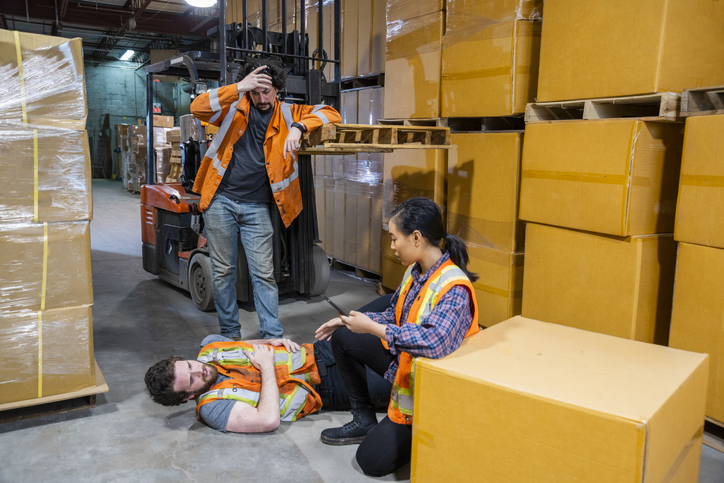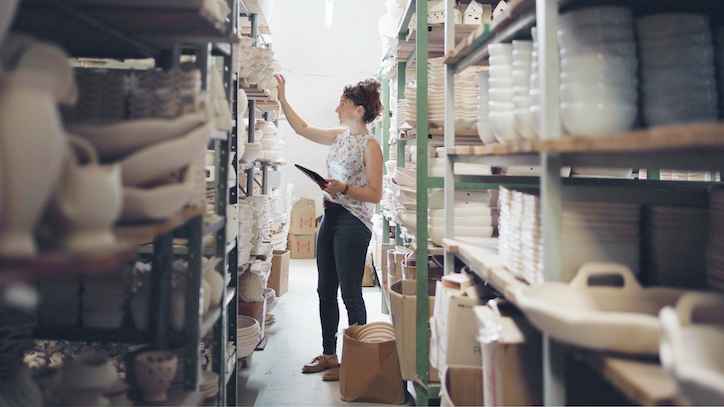In this piece, Ben Newth, director of Reel Media, discusses the key insurance processes for his company, including professional indemnity, public liability and employer’s liability cover.
1. Please give some brief background into your company and how it started.
Reel Media is a video production company providing video and animation to businesses and organisations across the UK.
I founded the business in 2004. Prior to that I was working as a multimedia specialist for a credit card provider.
2. What type of insurance did you require for your small business and how does this relate to the needs of your industry?
As well as the standard contents insurance, we require three other types of insurance cover. They are: professional indemnity insurance, public liability insurance and employer’s liability insurance.
We’re are often filming in or around a client’s premises, and carry a lot of equipment, so having professional indemnity covers us in case our clients ever suffer financial or professional loss due to negligence on our part.
Public liability insurance is similar but as the name suggests it stretches to the public. So if we were out filming and a member of the public tripped over our equipment, we’d be covered if they chose to claim against us.
Employers liability is a required for any business that employs one or more people. It provides cover if your employee suffered injury or illness and they felt it was your fault.
I should add, that in the 11 or so years that Reel Media have been operating, we haven’t had anyone claim against us!
3. How long after starting up did you get your insurance plan together?
The cover was in place within the first month of setting up the business.
4. Talk about the process of getting your cover in place.
The process of setting the cover-up was fairly straight-forward and I think using a broker took a lot of the leg work out of it. When you first set-up in business you’re on a steep learning curve. You quickly learn that the main core of what you do (making films) is just one part of the process, with it comes a whole lot of other stuff, such as accounts, tax, marketing and insurance!
5. Can you put into words how important it is for your company to have this particular cover in place?
The importance of insurance is similar to the need to back-up your data. 99 times out of 100 you won’t need it but that one time you do you’re so glad you have it!
Obviously there is the protection element. It’s peace of mind that should something go wrong everyone involved is covered. But also from a business point of view some of our larger clients wouldn’t even consider working with us until they have seen our insurance certificates. I think if you want to be taken seriously as a professional outfit your insurance provision needs to reflect that.
We also regularly take on student placements from the local universities and schools, and as part of their pre-checks they will want to see you have the necessary cover in place to protect that student in the event of an accident.
6. Have you had to claim? If so what were the details and what did you learn from the experience?
As I mentioned we’ve never had a claim against us and I like to think that is because we take health and safety very seriously and always carry out a risk assessment prior to a shoot.
I’ve made one claim to a damaged printer that was dropped during an office move! The claim itself went very smoothly.
7. What advice would you give to other companies getting their insurance cover together?
My advice to new businesses would be to get your insurance sorted as early as possible. Look at insurance like you do your tax, you have to do it and you have to do it properly. Research what you need and to what level.
As my business has grown, my insurance needs have changed. I’ve had to increase cover at least four times. We now rent equipment almost on a job-to-job basis, so that requires clauses in your insurance to cover renting.
8. Are there other policies you envisage taking out in future?
We now offer drone footage and so far have always hired that expertise in; however we now want to bring this in-house which will mean a review of our liability insurance and no doubt some specialist cover for this area of the business.
Related: A guide to small business insurance – A look at what cover is out there and what key policies you should put in place.





